|
|
|
I wiped off the dust, soaked it clean with tears, washed over it with shaking hands and a pounding heart. The images opened the door, the locked place where the pain lives, where the white hot pulse lurks just below the surface, so much lost.
It is not pity, exactly, there are more who have lost far more, whose grief is red raw, every hour laid bare. Mine has been processed, talked through, I have found a way to stand again, but every now and then the reality of their physical absence chills my bones and I shake and shutter, break open scanrs that have long healed over. That’s what happened yesterday when I cleaned out her things, boxes of photographs she had lovingly saved, memorials of love she had kept across the ages of me and her and him. The smiles haunt and hurt and hug across the years, voices swirl and memories flood and I am back there again when they are close before the fresh dirt of the open grave. There is a reason we compartmentalize, because to take this life all at once, the beauty and tragedy, the joy, the heart wrenching pain would be too much. His smile, staring up at me from black and white photo, curly hair and chubby cheeks, polo jacket thrown over one shoulder, me wiping his mouth and kissing his forehead, mama and me at high school graduation, baby sister crawling on the floor, nipping at my heels. My mother’s walls were plastered with these, no space left for a thing. Everywhere you looked she hung portraits of loved ones, and now I think, it’s as if she knew. It is like she knew there’d be a time when she’d be gone and she wanted us to be able to find our way. We would tease her, encourage her to pare down tell her it was all too much. She’d smile so that her eyes would disappear and say, “This will all be yours someday.” And so it is, I remain. How is it that I’m the one who survived, I am the one still here to feel the rain on my lashes and smell the snow in the air. I am here living life wide eyed and full heart—what is left of this heart any way. “You’ll find the rest of me in Heaven” Sarah Scharborough sings and I deep know what those words mean; for what of me continues on is whole, but parts of me have flown. So for me, she curated snapshots of our life, pieces of our magical journey of love and laughter in excess. So today I am grateful, filled with understanding—I now see through--, these artifacts were meant to take me back, bring me home, put crumbs along the path so I could find my way and share with those who await reunion with me. “I was here, and I loved you” she whispers, “I am here now, helping you tell the story—you are the keeper of the secrets divine.”
3 Comments
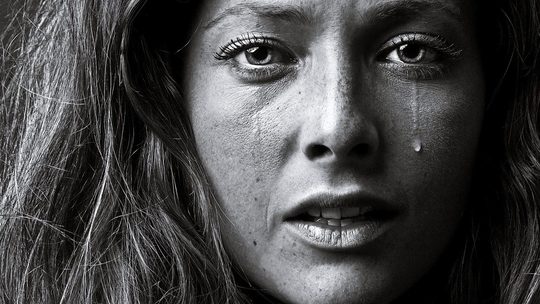 If we are not careful we can miss it, the songs they sing from the silence, the stories of the ones on the bottom –the ones without power or position or pen. It is easy to get lost, to gloss over the dominant narrative, the one we’ve heard so often which makes heroes out of men and bit characters of everyone else on the sideline. We charge ahead with well-rehearsed notions of what it all means without taking a second glance and when we do we brush past it--the gospel medicine, the healing water, the truth that sets us free. We become irrelevant religious leaders without anything new to say, at a loss for a fresh word because just as in the first century so many missed the One for whom they waited, searching for all the wrong things. This can happen to us, is happening to us, our pulpits run cold unable to reach those who suffer, fail to connect with those who need the good news most. This is where we end up when we preach and teach from the life of David and not Bathsheba, when we lean in for wisdom from Paul but not from Prisca, when we read from the patriarchal heights of Abram and not the dusty wilderness of Hagar. But there is beauty in the dirt, there is hope down in the ditch looking up, there is love and goodness and angels who attend you. For anyone who believes sex trafficking is a new phenomenon, I recommend reading Genesis and the narrative of Hagar, the slave Abram and Sarai brought with them out of Egypt. You remember their time in Egypt don’t you, when Abram lied about Sarai’s identity to protect himself and the Pharaoh believing her to be Abram’s sister took Sarai as his own wife and gifted Abram with livestock and female slaves and riches. Upon contracting a series of plagues, Pharaoh chastised Abram for lying and sent them away as fast as he could. Hagar, one of the female slaves the couple acquired is later ordered to have sex with Abram since Sarai is unable to conceive a child. Of course, wholly legal and accepted in their day, today this fits the definition of sex trafficking—force, fraud or coercion of body and or sex. It should be said she could've been one of many, but hers is the name recorded in the text, offered up to be remembered across the ages. When Hagar is mistreated by Sarai because she indeed does conceive a child with Abram she flees from her oppressors and runs to the wilderness. In the ancient world, this was tantamount to a suicide attempt as Hagar wanders, an unprotected female out in the wild with no food or shelter, vulnerable to the punishing sun and sand, bandits and animals ever on the prowl. And this is where God finds her, the sex slave Hagar, in the dirt, trying to commit suicide. The messenger the Lord comforts her and tells her that she will be blessed with a son, Ishmael and then a multitude of descendants. Hagar is told to return and hold on. It is here, by the spring of Shur that the sex slave Hagar becomes the first person in scripture to name God, she cries out “You are El Roi (the God who sees).” In our own time we celebrate the two, the ancestors we now call them blessed, Abram and his wife who took a woman against her will, used her body for their own gain and mistreated her in the process. We hold up the oppressors and sing of their faith, and maybe it is well we should, it was a different time. For my part, I have shared the story from the dust, from the perspective of Hagar, with dirt in her fingernails and salt stinging her eyes. I have shared this story with sex workers and soccer moms and watched their eyes flood to overflow with tears as they realize, their own story is included in the sacred writ. “I’ve never heard this story told this way before" she sobs, "do you mean God cares for sex slaves and suicide attempts?” “Yes” I say, holding her hand. This story tells us God is present, with us in the ditch, holding us at the bottom when we think there is nothing left but the grave. “'Nothing is so dead God cannot resurrect it', my new friend the prophet Jen Hatmaker says” I tell her. She smiles, wipes her eyes. And hope, flashes across her face, her cheeks lift and teeth begin to shine. “And there is more--" I say, "she’s the first." It is lowly Hagar, body bought and sold Hagar, who from the dirt and ash is the first one to name God in the record. This honor, this testimony, this anthem is not trusted to Abram or Jacob or Moses or John. In the end, the first life remembered to cry out in faith, to regale the story of God’s own character is Hagar the sex slave who says what is true, God sees. Maybe we all need more time in the dirt, reading from the bottom up, maybe the Gospel is for the ones busted up and broken down, wailing in the dust after all. |
Subscribe Today for Free GiftBLOG
Archives
June 2019
Categories
All
|
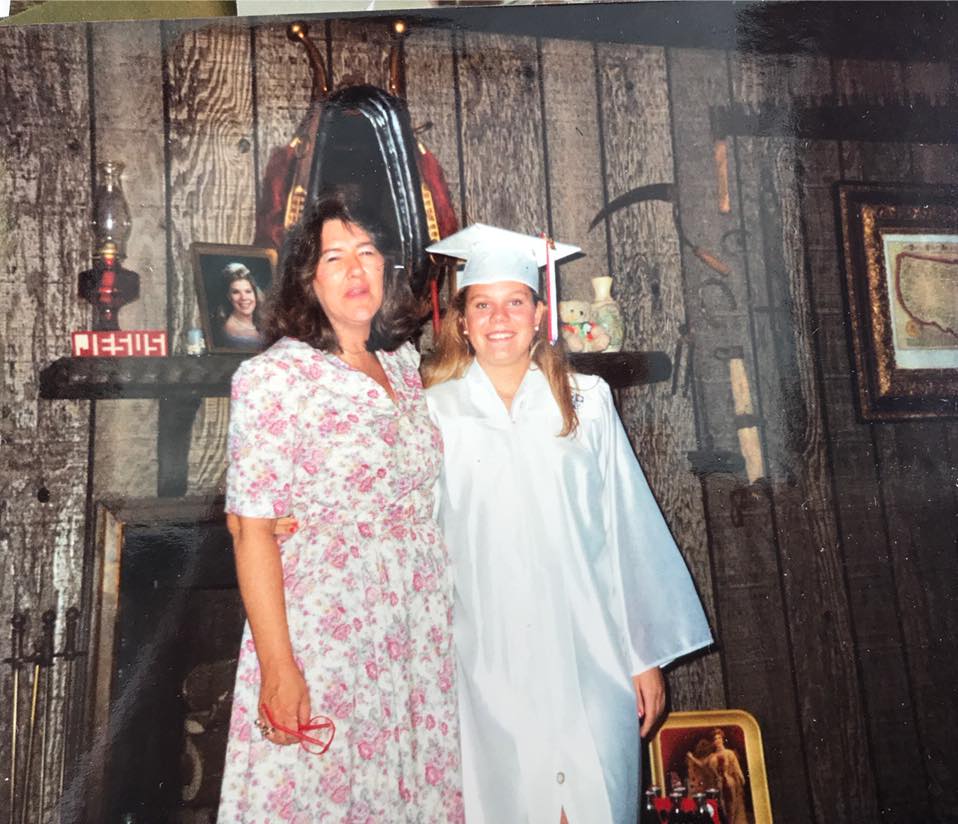
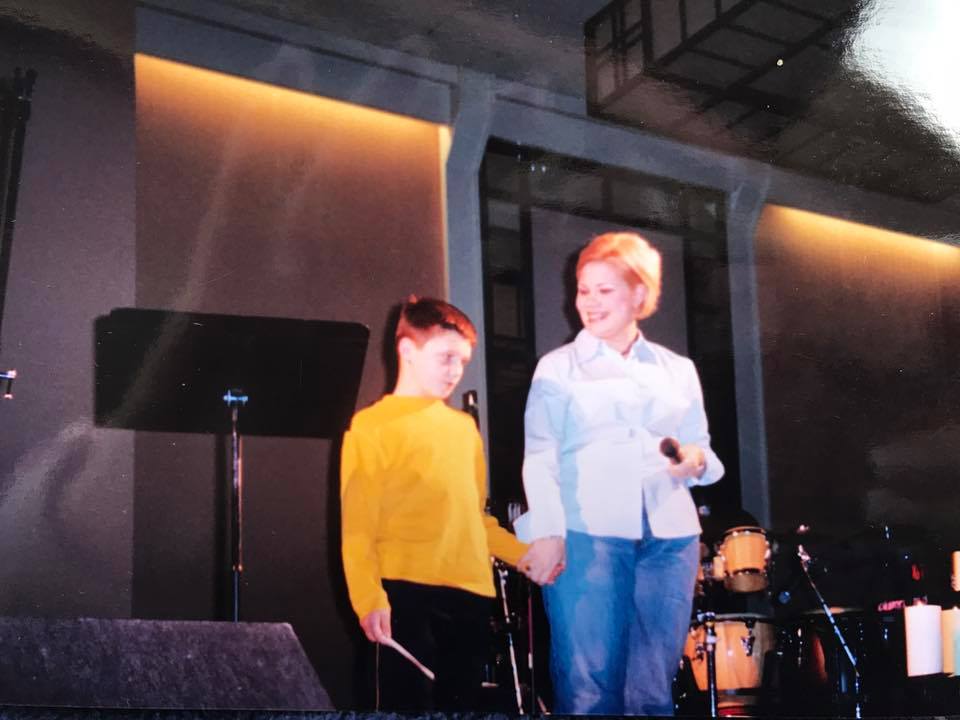
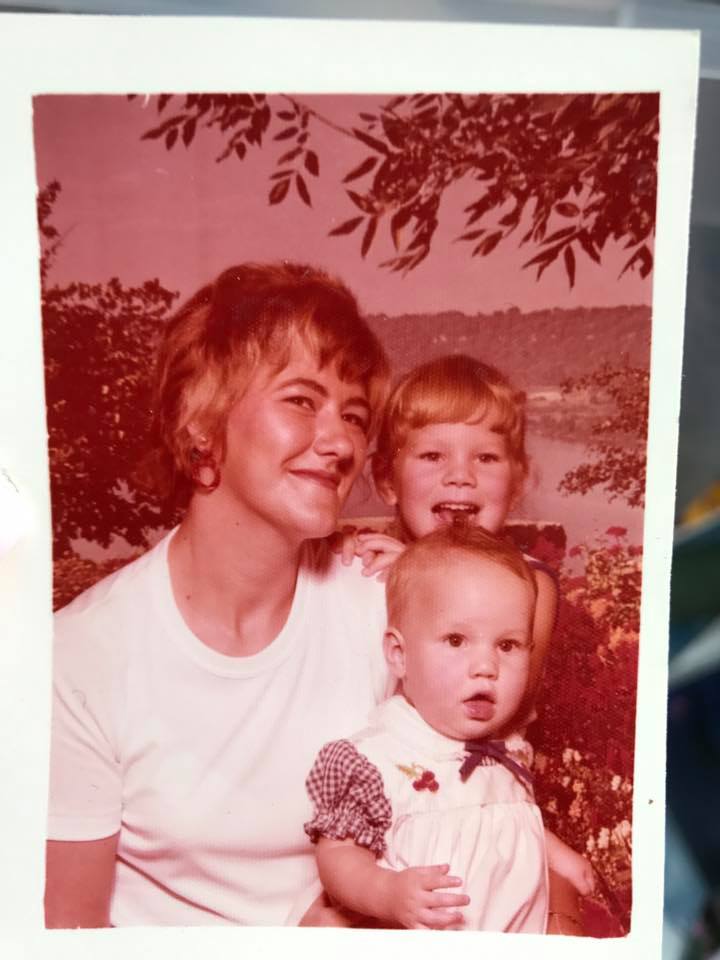
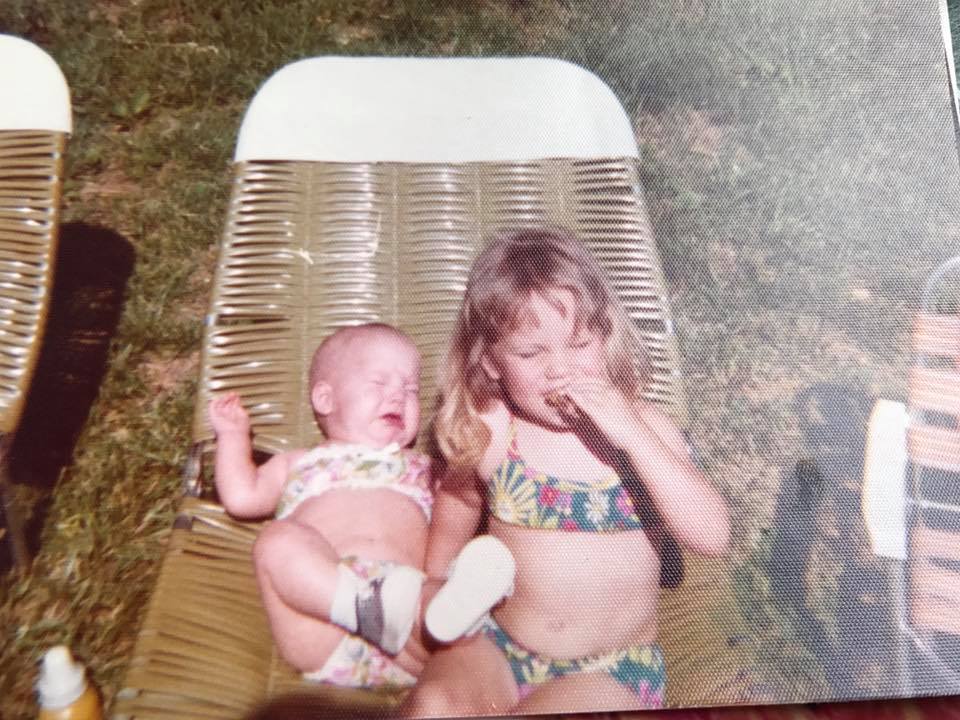
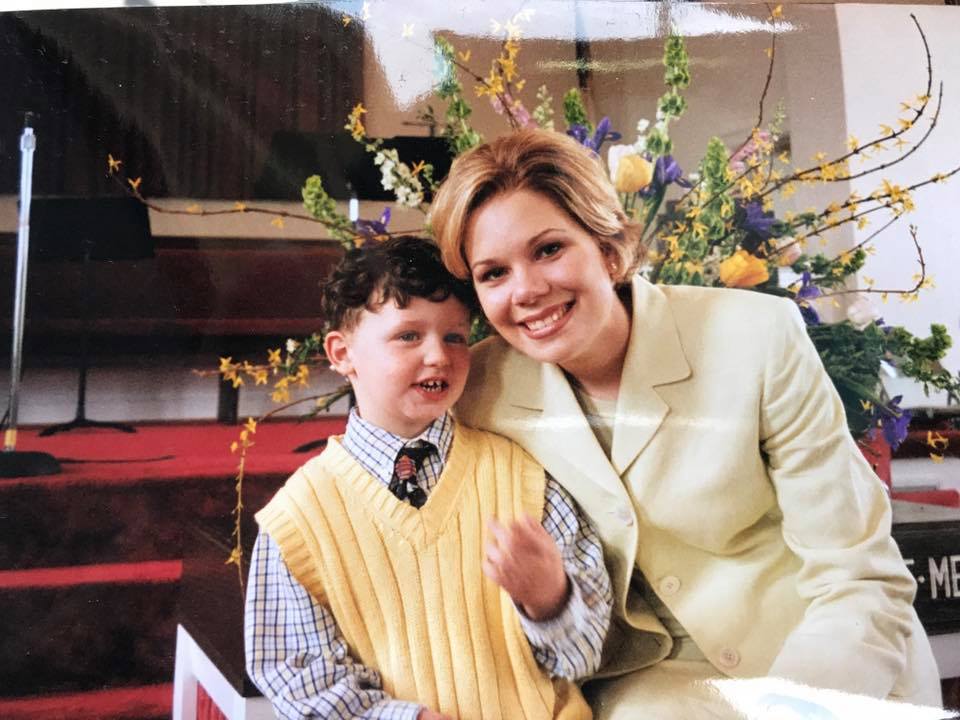
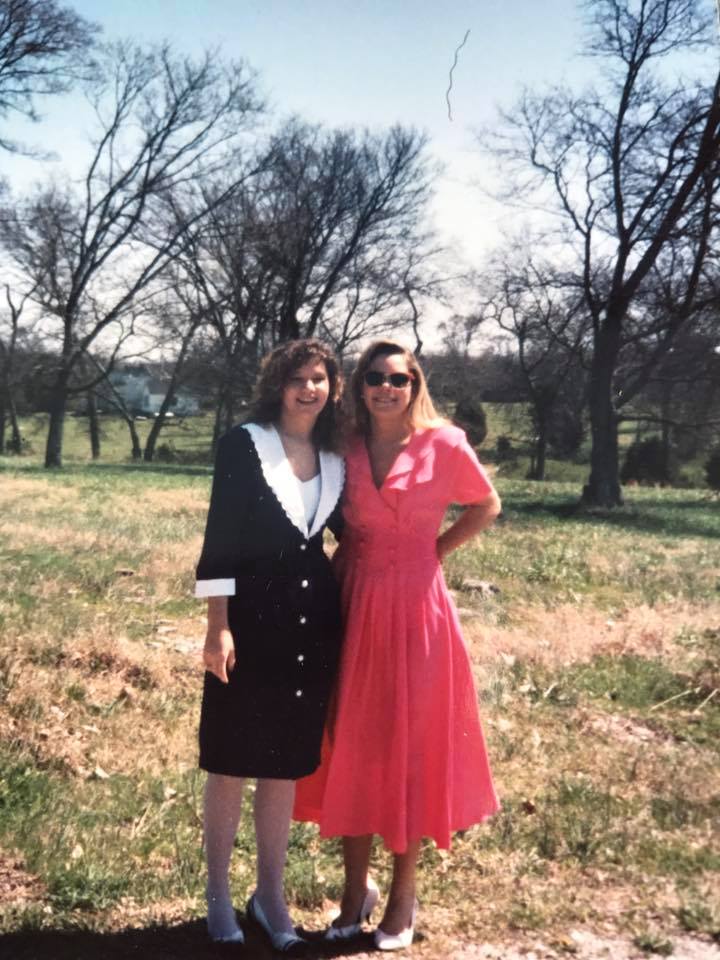

 RSS Feed
RSS Feed